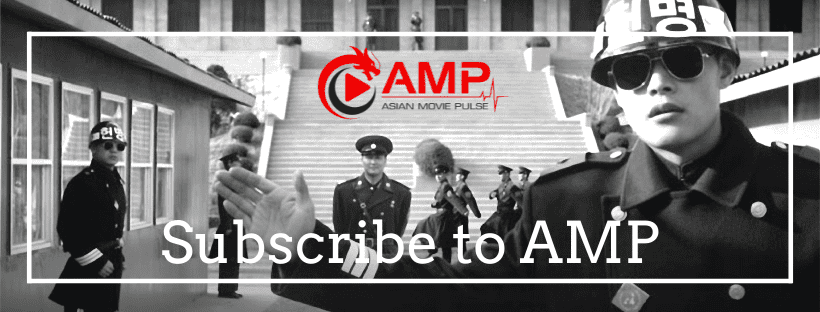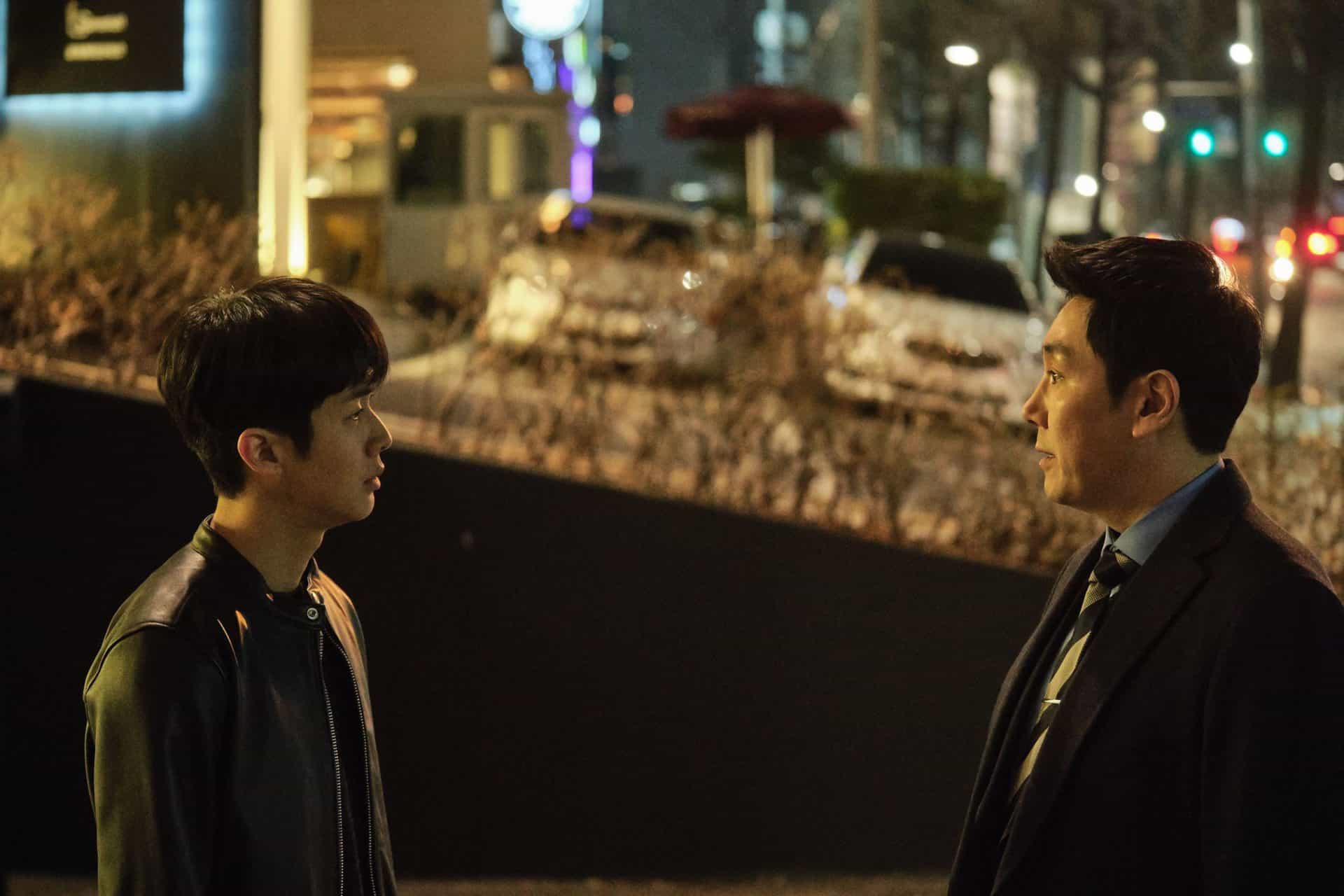Li Yu's third feature and the beginning of her cooperation with Fan Bingbing was a film that stumbled upon many issues with Chinese censors, who impeded its premiere in Berlin as much as its screening in China. Particularly the sex and gambling scenes, and the overall pragmatist presentation of the country at the time really aggravated the committee, with the film eventually finding outlets through Europe and Hong Kong.
Buy This Title
on Amazon by clicking on the image below
Liu Pingguo and her husband, An Kun, are a young migrant couple from the northeast of China who have moved to Beijing for a better life. However, their reality is anything but idyllic, even if the love they share for each other is quite strong and their sex life satisfying. The problem, as usual, is money, with their income from An Kun's window washing work and Liu Pingguo's foot massages in the Golden Basin Massage Parlor barely allowing them to make a living, while staying in a completely rundown apartment. The second couple of interest are Lin Dong, the owner of the aforementioned establishment, and a rich womanizing man who is married to Wang Mei, a middle-aged woman who practices Chinese medicine and is still rather sexy.
When Pingguo's best friend, Xiao Mei, assaults a customer, she is quickly fired by Lin Dong. Pingguo, trying to console her, goes out to drink with her resulting in both of them becoming filthy drunk, and her returning to the parlor where she passes out in her boss's office. When he comes in, the girl thinks is An Kun and tries to have sex with him, but eventually realizes what is going on and pushes him away. He, however, does not stop, resulting in a rape that An Kun witnesses from the window he is cleaning. An Kun begins a campaign of harassment against Lin Dong, defacing his Mercedes Benz, and attempting to blackmail him for ¥20,000. When Lin Dong ignores the furious husband, An Kun goes directly to Wang Mei, who rather than acquiescing, seduces the naive window washer. Even worse, Pingguo ends up being pregnant, with the fatherhood becoming a question between the two men, and ending up in a bet regarding the fate of both the baby and the mother. As time passes, the tension becomes more and more palpable and all the relationships face their crisis.
“Lost in Beijing” is a rather strange movie, and also one that is quite difficult to judge its quality. The main reason for this is that although its base is quite realistic, as it presents the difficulties of inner immigration particularly for youths, the chasm between the classes, and the realities of the massage parlors, the individual, central events that make the story, border on the surrealistic, not to mention somewhat offensive. Starting with the whole rape scene, which is as ambiguous as possible, since the girl does resist at some point, but also is the one who initiates the whole thing while giving up in the end in a rather strange way, a sense that is also intensified when her boss tells her she had an orgasm during the whole thing and she does not deny it. Furthermore, that her husband was cleaning the windows at the exact time seems far-fetched, as much as Wang Mei's attitude when An Kun confronts her. The bet they place for the fate of the baby and the mother, the way money becomes a factor, and how both wives agree to the whole thing also seems far fetched, while turning An Kun from a victim to a rather unlikable person, also due to his treatment of the hospital doctor and the way he treats his wife, particularly close to the end.
As such, the reasoning behind the acceptance everyone shows is perplexing to say the least, and essentially results in a series of characters, none of which is particularly likable or even justifiable in their choices and actions. This could be perceived as a comment on regular people finding themselves in extreme situations, but that can justify the whole thing only to a point. At the same time, the transformations everyone experiences also move in the same path.
On the other hand, if the movie is perceived as a kind of fairy tale, the result is quite fulfilling, with the story being captivating and the characters appealing in a number of ways. As such, a number of elements of the story can be understood as an effort on Li Yu's side to appeal to various audiences, with the intense drama, the occasional comedy, and the many sex scenes, particularly in the beginning, justifying the whole, somewhat illogical approach to the story.
In that regard, it is easy to say that Li Yu succeeds to the fullest, with “Lost in Beijing: being quite entertaining from beginning to end, also benefiting the most by the excellent performances of all the actors. Fan Bingbing is gorgeous and quite sensual here, but also shows her acting prowess as a woman who finds herself among people stronger than her, who essentially dictate her fate. The way she presents her love for her husband but also a doubt regarding her future is one of the best parts of the film. Tony Leung Ka Fai as Lin Dong is equally convincing as a womanizer who thinks that money can solve all of his issues. Tong Dawei as An Kun is quite good in his rage in particular, while his interactions with all the rest of the protagonists are particularly well presented. The one who steals the show, however, is Elaine Jin as a rather multi-leveled woman, who presents a facade of a femme fatale, manipulative woman, but also knows that her prime is past and her reliance on her husband intense. The moments she begins to crumble are among the most memorable in the movie.
DP Yu Wang captures the differences of the various settings eloquently and realistically, in an approach that frequently implements handheld cameras that give a documentary-like sense to the film, particularly in the few tour guide sequences throughout Beijing. Jian Zeng's editing connects the many episodes nicely, through a relatively fast pace that works excellently for the narrative.
“Lost in Beijing” maybe somewhat surrealistic in its context, a tendency that actually continued in Li Yu's next films with Fan Bingbing, but is definitely fun to watch on a number of levels, and that is where its true value lies.

















